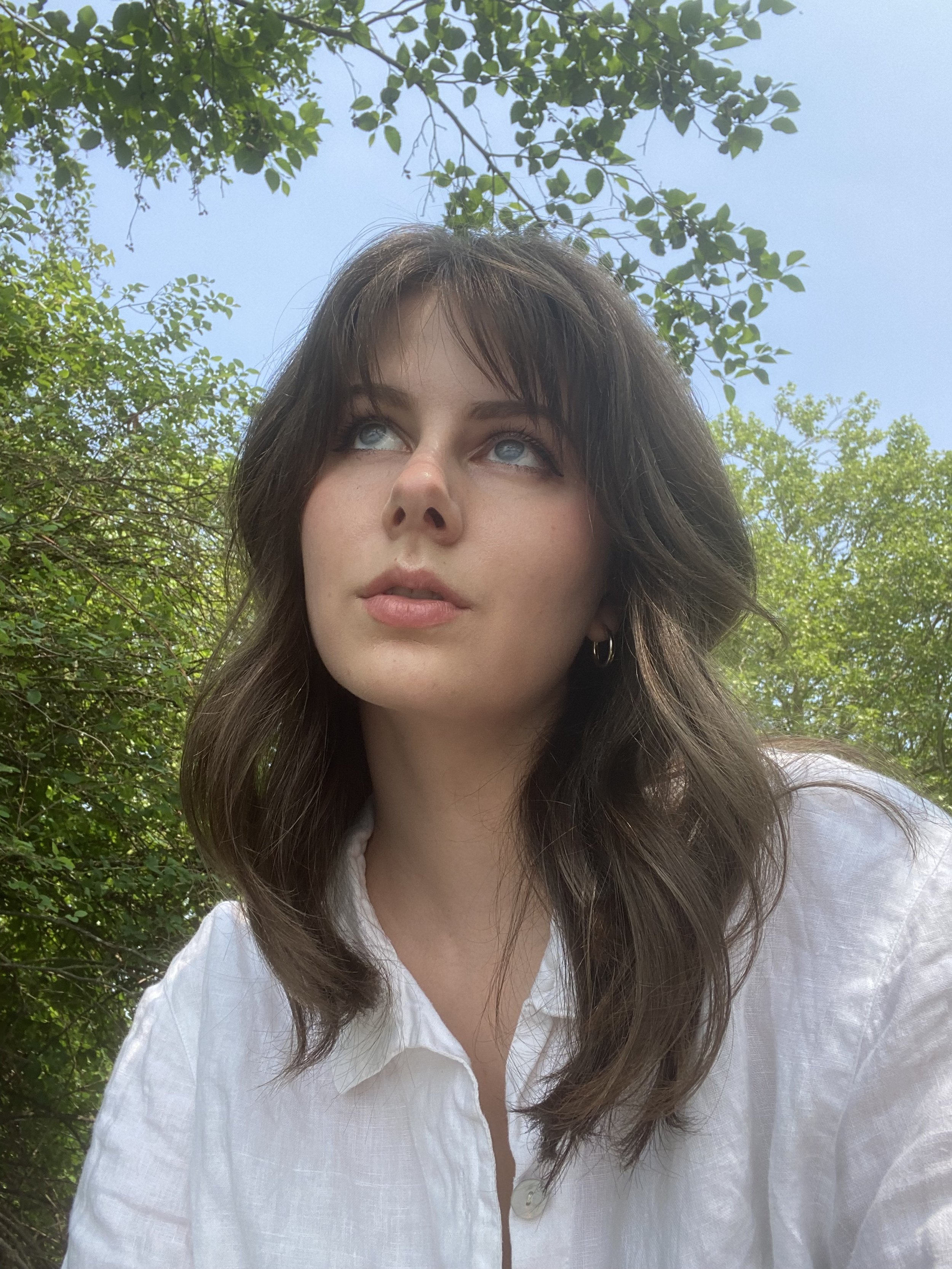Core Memories: Emily Giangulio
We believe the origin of our work as creators is important to consider and hold. In CORE MEMORIES, we ask artists and writers about their own creative beginnings. What led them to operate in their genre of choice? Was it a specific moment, an errant thought, a movement? Was it an insight, a person, a place? Years into their work, does it continue to resonate?
In this edition, we interview Emily Giangulio.
Emily Giangiulio is a writer and educator from Philadelphia. In 2023, she received her MFA in prose from the University of Washington, Seattle, where she received the Bentley MFA Award in Creative Writing. Her short fiction has appeared in journals such as Bennington Review and Hayden's Ferry Review and has been nominated and/or shortlisted for the 2023 PEN/Robert J. Dau Short Story Prize for Emerging Writers, the Pushcart Prize, and the Masters Review's Short Story Award for New Writers. You can find her at https://emilygiangiulio.com/.
What is your CORE MEMORY?
I am eight years old and my grandmother shares with me a clipping from her copy of The Catholic Herald after she sees me carrying around a paperback of Philip Pullman’s The Golden Compass. In the article, the writer claims the book series I have read twice already is "a kind of Luciferian enterprise." But this seems like a silly argument to me. Surely, if this writer had reread the series as I had, they would be thinking instead about an enterprise where a religious and political body like Pullman’s Magisterium seeks to control the freedom and independent-mindedness of children as they become young adults. They’d be thinking in horror about a version of this story where early on Lyra Belacqua is permanently wrenched apart from her Daemon, the physical embodiment of her human soul, stunting her physical, spiritual, and intellectual growth, and banishing all trace of wild, unabated, animistic joy from her life. There is the body and there is the soul and then there is something else. A thinking, ruminating, responsive part that is essential to the nature of human beings, and that has been, in the world of His Dark Materials, systematically stamped out by the Magisterium and devoured by Spectres.
A year later, I was transferred to a Catholic School, but this is the trinity that sticks with me and invariably shapes my approach to storytelling.
How has that moment impacted your current work or current artistic practice?
As a kid, I didn't exactly have the metacognitive capacity to align the themes from Pullman’s universe with my own artistic practice. But The Golden Compass was one of the first works of fiction that provided space for me to work out possibilities and speculations, to scrutinize the systems I was coming of age in. As I grew older, I realized my adult world was not so different from Pullman’s which sought the segregation of the protagonists’ bodies, spirits, and minds. In life, the tools for self-confrontation and invention are innate and inseparable from the whole. Similarly, a writer does not translate a world, fully formed, into a human language. A writer is not one writer, but a collectively producing system, without self-defined spatial or temporal boundaries.
Call it what you like: intertextuality, contextuality, hybridity. For me, it came down to the simple realization that I was not writing in a vacuum. I think Virginia Woolf put it best in "Modern Fiction”: “Life is not a series of gig lamps symmetrically arranged. Life is a luminous halo, a semi-transparent envelope surrounding us from the beginning of consciousness to the end.” The writer’s task is not to drown in the details of materiality, but “to convey this varying, this unknown and uncircumscribed spirit, whatever aberration or complexity it may display, with as little mixture of the alien and external as possible.”
Are there any new projects you’re working on?
Not-so-subtly inspired by Pullman, I am currently revising a speculative novel about animal familiars that I submitted as my MFA thesis last spring. In an alternate version of rural New Jersey, the locals believe that the Jersey Devil stalks the pines and that children are half-animals until proven otherwise. Told in a fragmentary, at times synesthetic voice that walks the precipice between adulthood and youth, human and nonhuman, generational silences and stories, it’s a coming-of-age novel that is informed by theories of queer ecology that reject anthropocentrism and notions of human exceptionalism.
